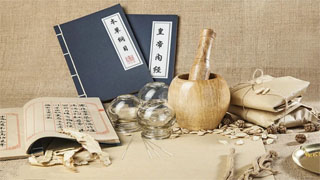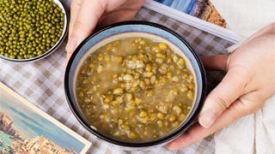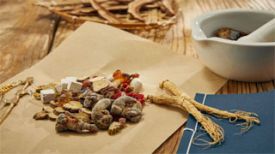
01 Walnut, also known as Hu core or Qiang peach, is a good medicinal and edible product. Due to its medicinal properties, it is named walnut kernel or peach kernel. Originating from the northwest region of China, it was brought back to the Central Plains for cultivation by Zhang Qian during his Han Dynasty mission to the Western Regions. It was named after the fact that the northwest region at that time was called the Huqiang people.
The application of walnut kernels was first recorded in "Qian Jin Yao Fang · Shi Zhi", and in herbal works, it was first recorded in "Dietary Therapy Materia Medica". The kernel of walnut in the walnut family. Nowadays, it is widely distributed in many places in the Americas, Europe, and Asia, with China being the only producer except for the United States.
Walnuts have outstanding brain boosting effects and rich nutritional value, and are known as "strongman food", "nutritious nuts", and "puzzle fruit" abroad; In China, it is known as the "longevity fruit", "longevity fruit", and "nourishing treasure", and is one of the world's famous "four dried fruits" along with almonds, cashews, and hazelnuts.
Walnuts have a slight sweetness, while the seed coat has a bitter and astringent taste. A large, plump, yellow in color, and white in cross-section is preferred.
Modern research has confirmed that walnuts are rich in fatty oil, protein, carbohydrates, various vitamins, calcium, phosphorus, iron, manganese, zinc, potassium and other elements, as well as cyanide glycosides. It has pharmacological effects such as delaying aging, improving memory, and enhancing immunity. A good product for nourishing and strengthening. Walnut kernels are often used in winter tonics such as Gu Yuan Gao.
Walnuts can nourish the kidneys and essence, warm the lungs and relieve asthma, moisten the intestines and promote bowel movements, and disperse swelling and toxins. It can be used for kidney deficiency and essence deficiency, soreness and weakness of the waist and knees, erectile dysfunction and nocturnal emissions, frequent urination, early white hair, cold deficiency, wheezing, intestinal dryness and constipation, as well as conditions such as abscesses, scrofula, and eczema.
Modern use for treating chronic bronchitis, bronchial asthma, rheumatoid arthritis, lumbar muscle strain, breast cystic hyperplasia, dentin hypersensitivity, otitis media, male infertility, gastric and duodenal ulcers, hernias, urinary tract stones, etc.
Add 6-9g of walnuts to the soup, which can be used up to 30g. Dingchuan Zhishou can be used with skin, Runchang Tong is cheap and can be used without skin. Apply an appropriate amount externally and massage. You can stir fry, cook Congee and make cakes.
04 This product contains a lot of oil, and overeating can affect digestion in the spleen and stomach. Therefore, it is not suitable for people with loose stools or diarrhea to take; Phlegm heat cough asthma and heat syndrome should not be used; People with yin deficiency and excessive fire should not take it. If this product has an oily smell, it indicates that it has deteriorated and is not edible.
Walnuts can be combined with ginseng and ginger to make walnut ginseng soup, which is used for the treatment of deficiency cold wheezing caused by kidney failure to absorb qi; It can also be mixed with black sesame, milk, soybean milk and a little white sugar to make walnut milk drink. It can be used for people with sallow facial color and dry skin and hair.


